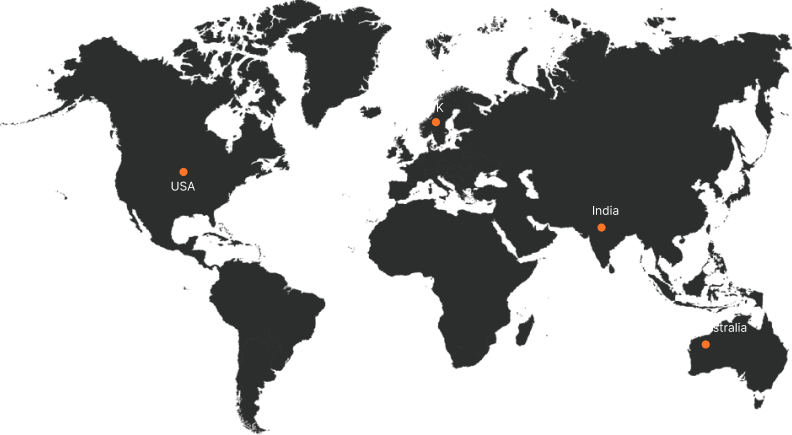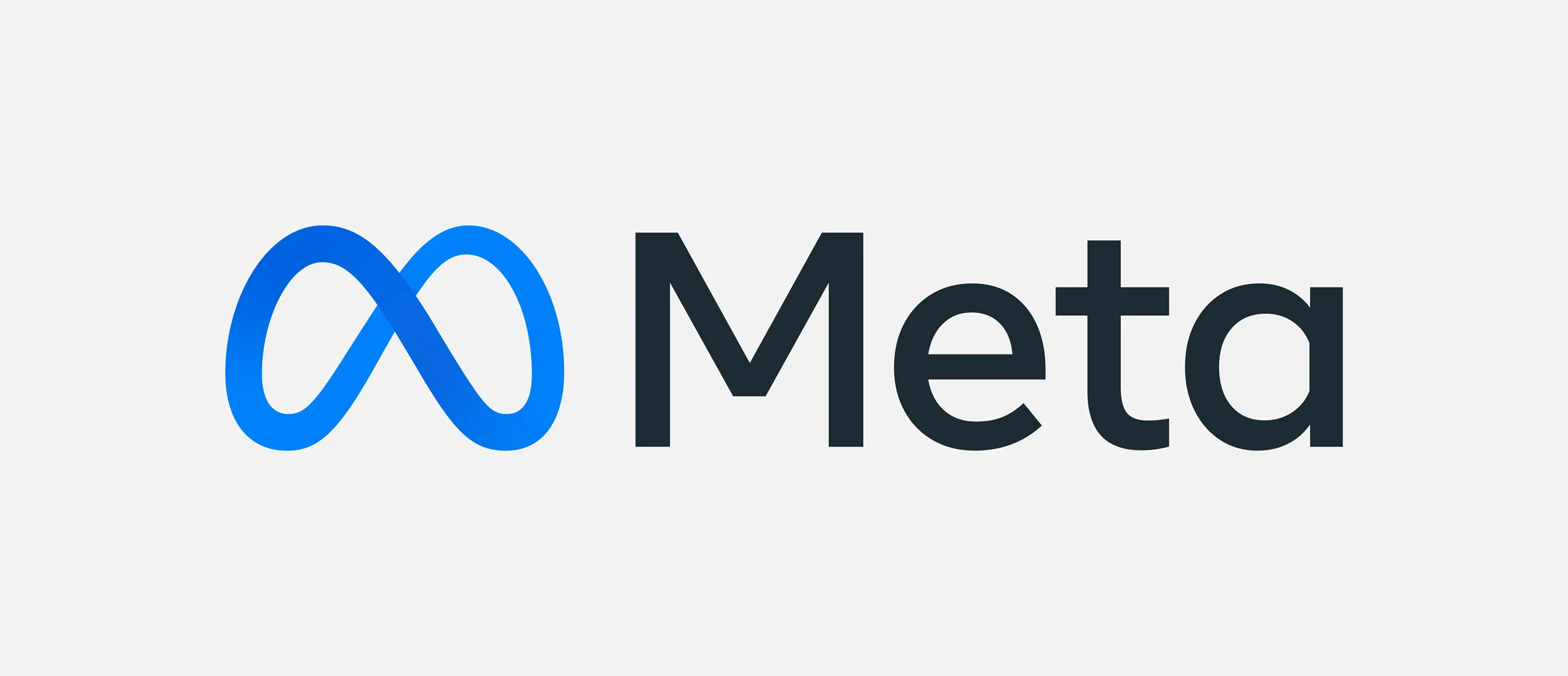What Occurs When You Access a Banned Website in India?

The internet has become vital to our daily lives. It provides instant access to information, banned websites, entertainment, and communication. However with the vast extension of the internet comes the necessity for regulations and restrictions to ensure safe and lawful usage. The government periodically bans certain websites in India for various reasons, including national security, public morality, and intellectual property rights. But what happens when you open a banned website in India? This blog will explore the consequences and technical mechanisms behind accessing restricted websites.
Here’s a quick overview of the topics we’ll explore in this blog:
- Why Are Websites Banned in India?
- How Are Websites Banned?
- What Happens When You Try to Open a Banned Website?
- Legal Consequences
- How to Stay Safe Online
Why Are Websites Banned in India?
Websites are banned in India for several reasons:
- National Security: Websites that threaten national security, propagate terrorism, or incite violence are often banned.
- Public Morality: Websites containing explicit adult content, hate speech, or content deemed offensive to public decency are restricted.
- Intellectual Property Rights: Websites involved in piracy, distributing copyrighted material without permission, or facilitating illegal downloads are commonly banned.
- Legal Compliance: Websites that violate Indian laws, such as those related to gambling, betting, or unauthorized financial transactions, are also restricted.
How Are Websites Banned?
The agencies of the Indian government like the Department of Telecommunications (DoT) and the Ministry of Electronics and Information Technology (MeitY), issue directions to Internet Service Providers (ISPs) to block access to specified websites. ISPs implement these directives by using various technical methods:
- DNS Blocking: The Domain Name System (DNS) translates website names into IP addresses. ISPs can block the DNS resolution of a banned website, preventing users from accessing it.
- IP Blocking: ISPs can block the IP addresses associated with banned websites, making them inaccessible.
- URL Filtering: ISPs can filter out and block specific URLs, preventing users from reaching the prohibited content.
- Deep Packet Inspection (DPI): Advanced techniques like DPI can analyze and block specific types of traffic, ensuring that banned websites cannot be accessed even if users attempt to bypass restrictions.
What Happens When You Try to Open a Banned Website?
When you try to open a banned website in India, several things can happen depending on the blocking method used by your ISP:
- Error Messages
You may encounter various error messages, such as:

- “This site can’t be reached”: This error indicates that the DNS resolution failed, and the website’s IP address could not be found.
- “403 Forbidden”: This message means that access to the website is explicitly denied.
- “URL Blocked”: Some ISPs display a custom message informing you that a government order blocks the URL you are trying to access.
- Redirection
In some cases, you may be redirected to a page that provides information about the website being banned and the reasons behind it. This page may also include links to relevant government notifications or legal documents. - Connection Timeout
If IP blocking or DPI is used, your connection attempt may time out, leaving you with a blank page or a loading spinner.
Legal Consequences
Accessing a banned website in India can have legal implications. It’s important to remember that while simply attempting to open a forbidden website might not result in immediate legal action, repeated attempts or successful access through illegal means can lead to consequences such as:
- Warnings: ISPs may warn users who try to access banned websites.
- Fines: Persistent attempts to access or use banned websites can result in penalties.
- Legal Action: In severe cases, individuals may face legal action, including prosecution, for accessing or distributing content from banned websites.
How to Stay Safe Online
To make sure that you stay within the legal boundaries and maintain online safety, you should follow the below mentioned guidelines:
- Respect Regulations: Avoid attempting to access banned websites and respect government regulations.
- Use Legal Alternatives: Opt for legal and legitimate alternatives to access the content you need.
- Stay Informed: Users should Keep themselves updated on the latest government notifications and guidelines regarding internet usage and banned websites.
Conclusion
Opening a banned website in India can lead to various outcomes, from error messages and redirections to potential legal consequences. The government and ISPs employ several technical methods to enforce these bans, ensuring that restricted content remains inaccessible. As responsible internet users, it’s essential to respect these regulations, stay informed, and seek legal alternatives to enjoy a safe and lawful online experience.











